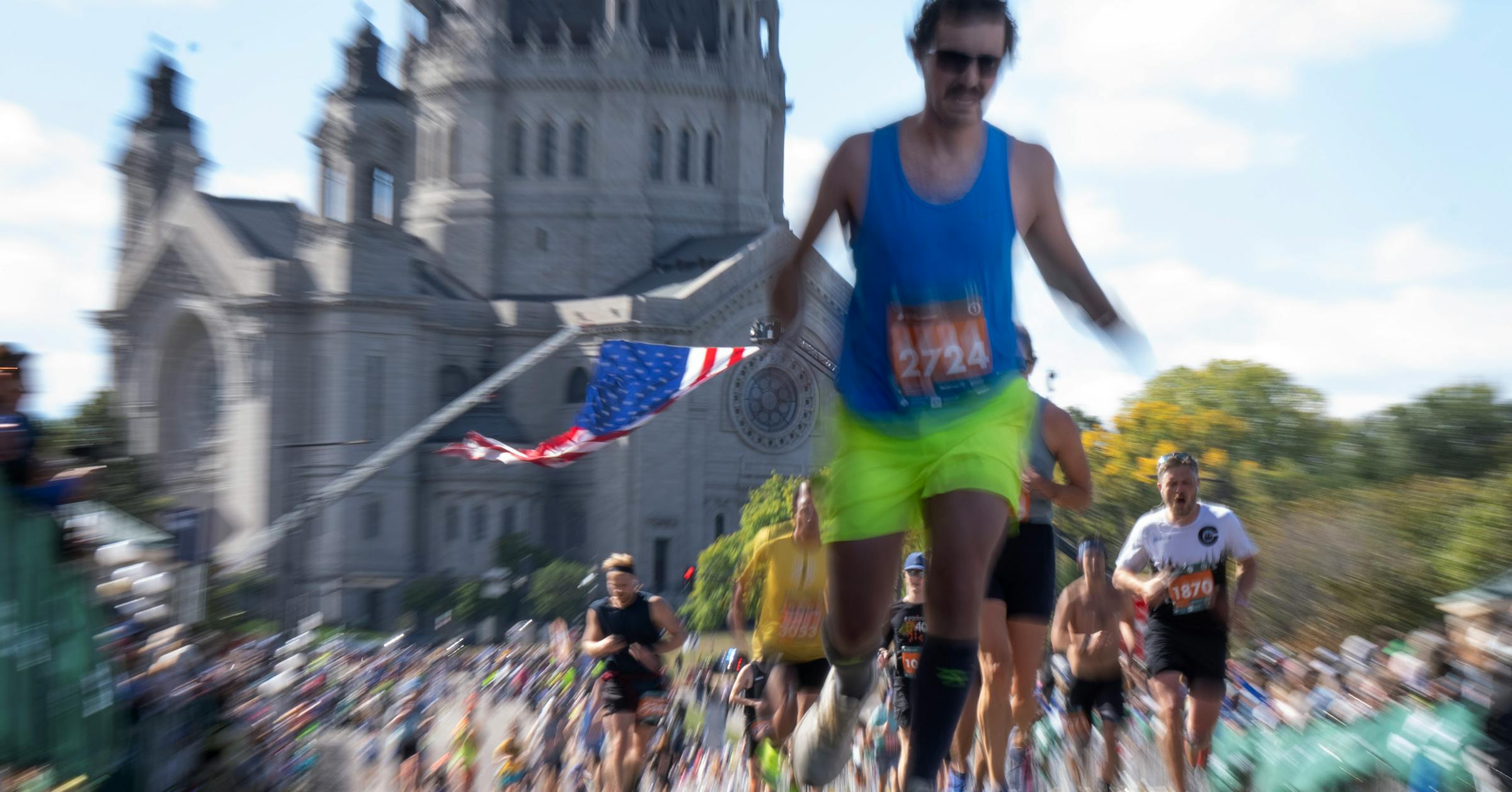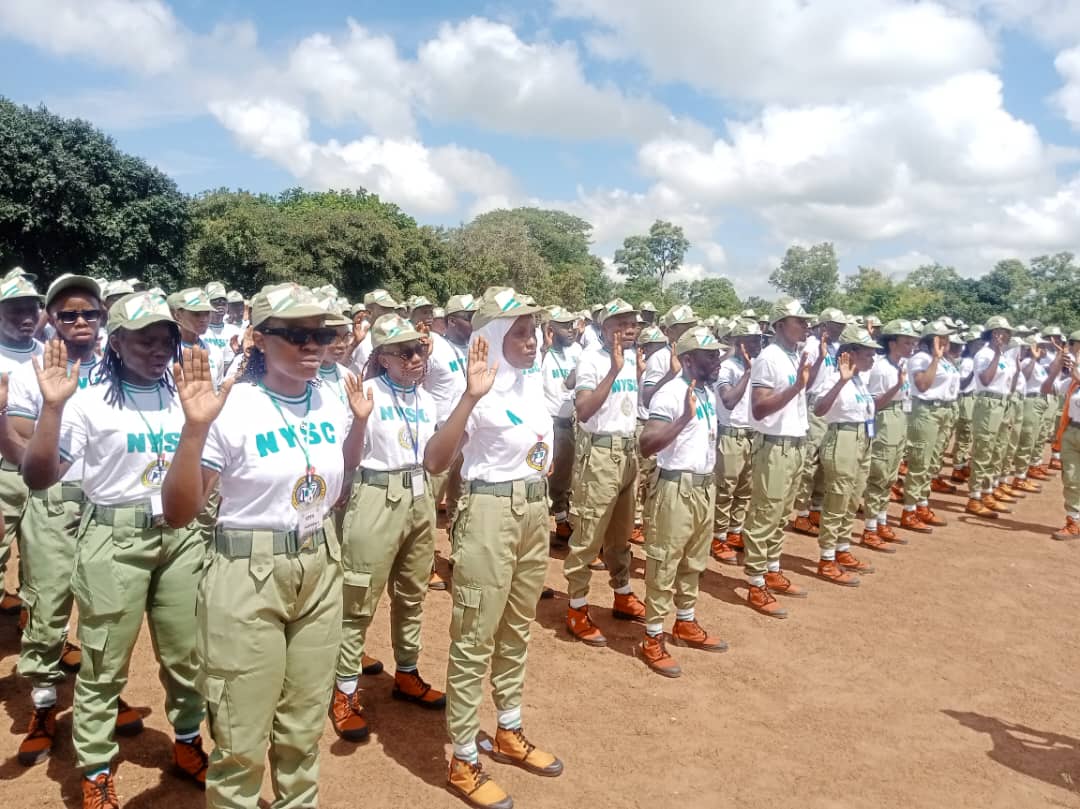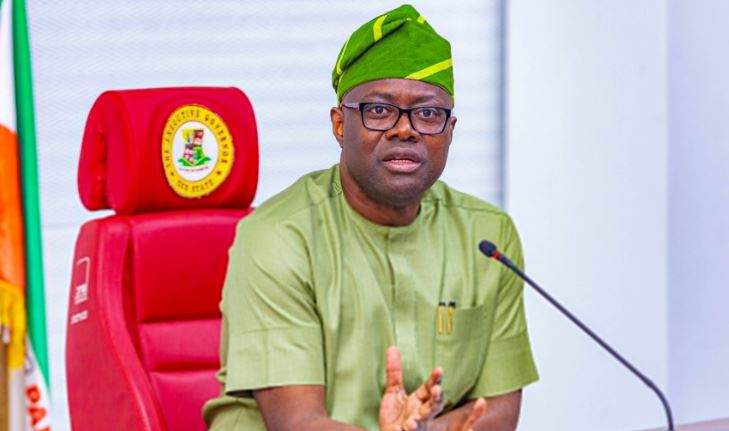
Runners and spectators are preparing for this weekend’s Twin Cities Marathon when nearly 30,000 will participate in various races and more than 300,000 are expected to watch them race.
More than a third of the runners will take part in Sunday’s flagship marathon, a record number since the COVID-19 pandemic. But the weekend could also set records for unseasonable heat; the National Weather Service forecasts highs of 90 on Saturday and 82 on Sunday during the marathon itself.
The race is still on track, organizers said, even though the heat forced them to cancel the marathon two years ago when temperatures reached “black flag” conditions at 92.
If you ask Andrea Haus, community and marketing manager for Mill City Running, runners should hydrate weeks before a marathon with water and electrolyte drinks. Haus said that eating more carbohydrates days before a race adds energy and ample sleep beforehand makes a difference.
“Avoid the unnecessary stress of worrying or wishing that the weather would change. Because it might not, and there’s no need to spend your mental energy worrying about it,” Haus said.
Kristy Baumann, a Minnesota-based dietitian whose business focuses on marathon runners, said runners should wear bright, breathable and short-sleeved outfits, and something to shade their eyes and protect their heads from the sun.
She said many marathoners forget that they can be outdoors for five to six hours, burning carbs and energy that the body needs.
“We have to prepare our body. We don’t want to start out on empty from a hydration standpoint, from even a carb standpoint,” Baumann said, advising runners to eat carbo-heavy meals.
“In the warmer weather, your body burns more carbs; that’s why that’s so important. Plus, it will retain that extra water and keep you more hydrated going into race day.”
Dietitian Rasa Troup knows that well. For nearly two decades, Troup has worked with athletes at the University of Minnesota, as well as the Twins and Vikings.
She said runners should work with a sports dietitian to learn how many carbohydrates and electrolytes they need for each minute of a race. Slower-paced runners should prepare for being in the heat longer, Troup said.
“Whether it’s music, no music, talking to people on the course, everyone has different ways of approaching the race,” Troup said. “People can use any skills they feel to go through this race. [If] Swift helps them to go through this, go for it. Whether they want to be running with a buddy and talking, go for it.”
After the race, it’s important for runners to refuel, said Dr. David Supik, a sports medicine physician with the University of Minnesota. While some will hurry to return to their workout routines, Supik said, they should take time to rest and recover.



